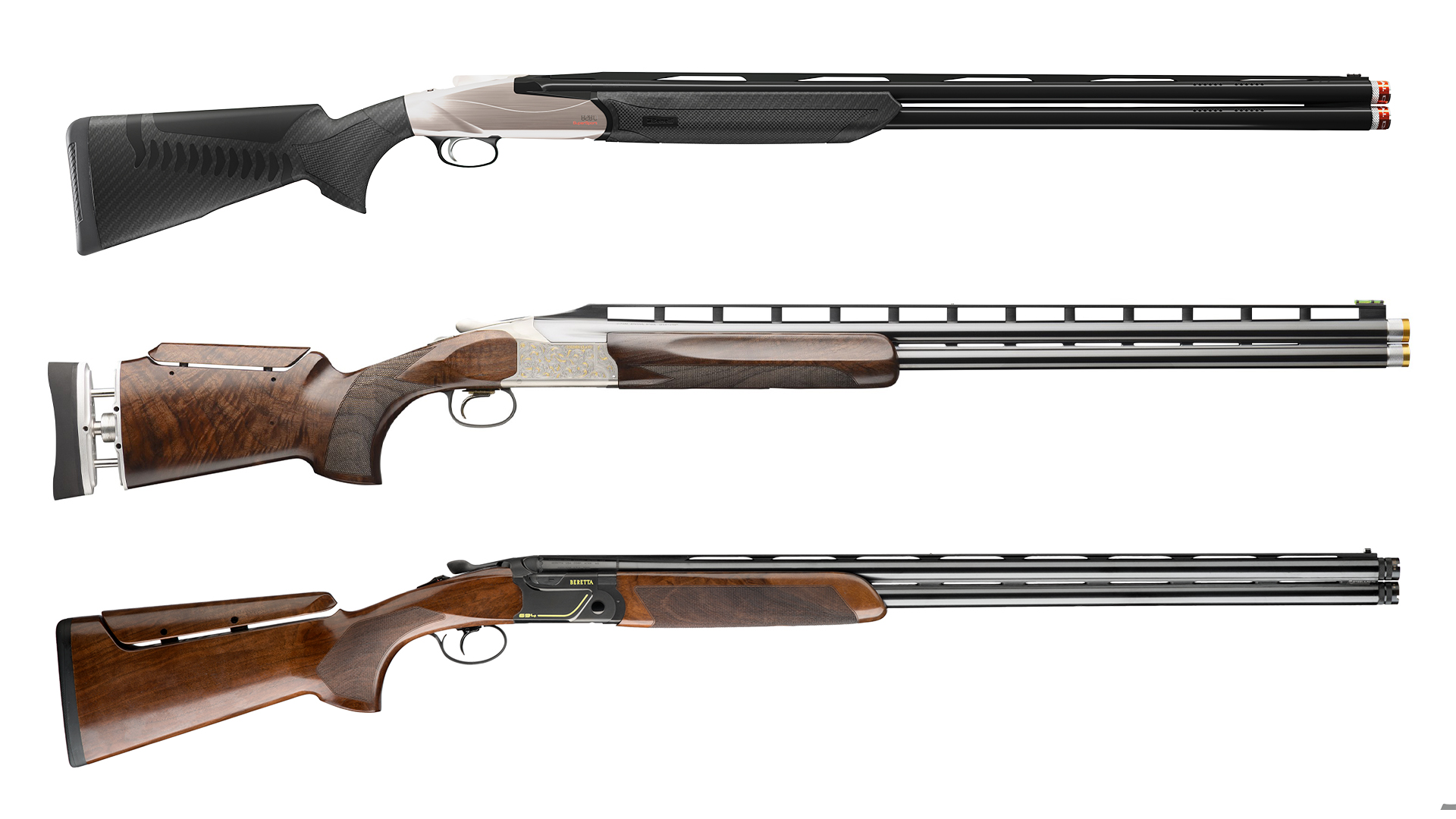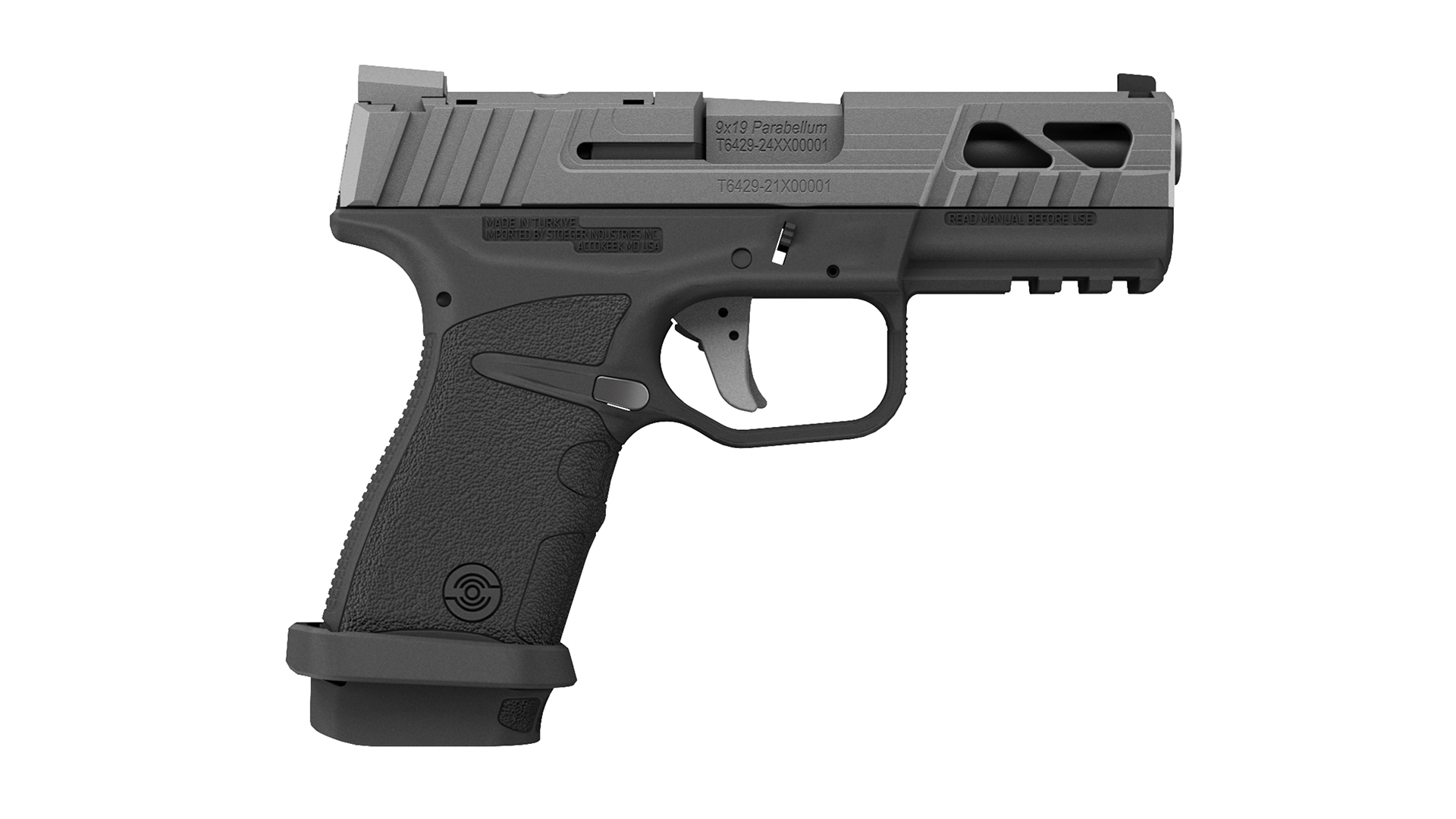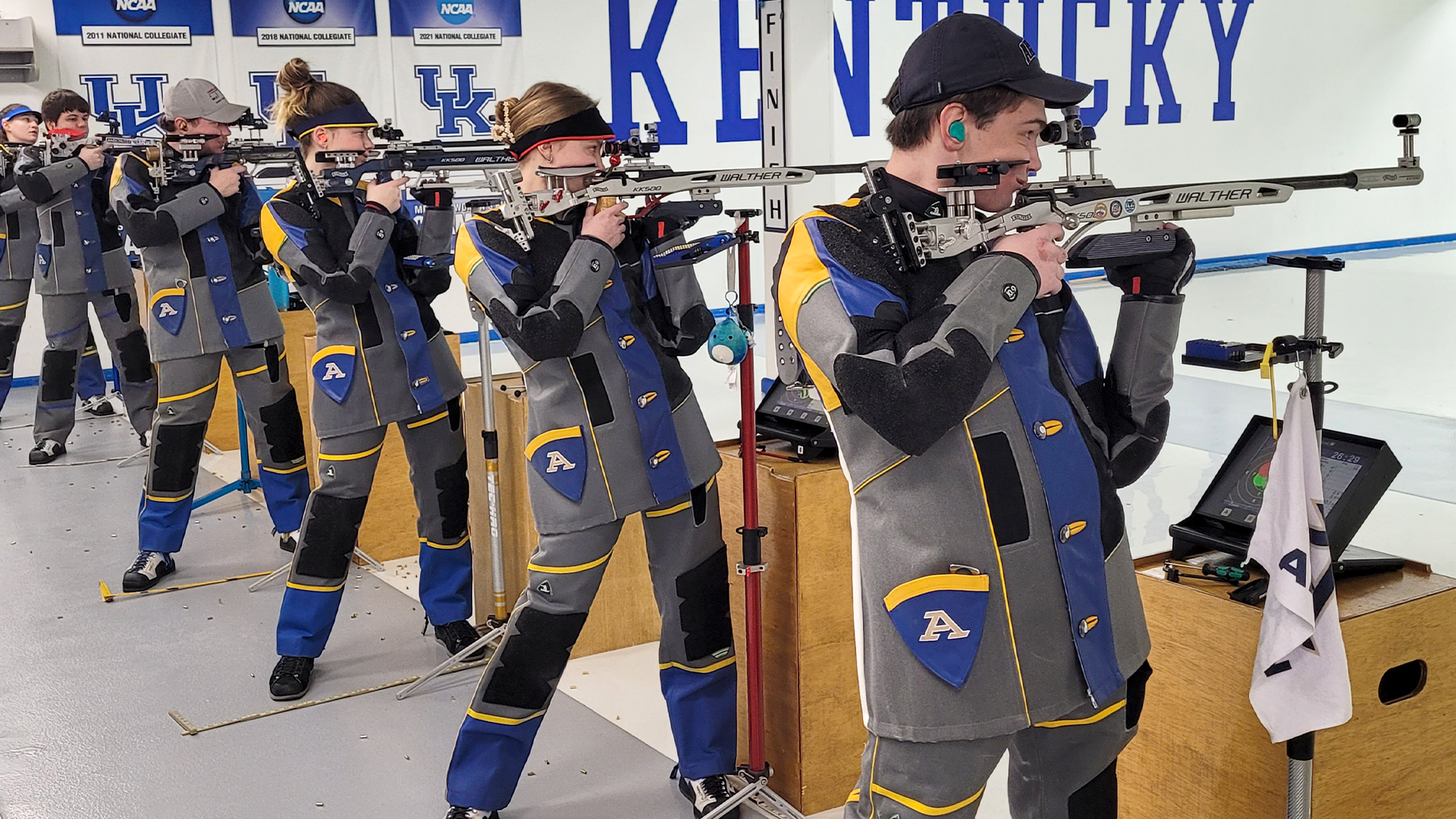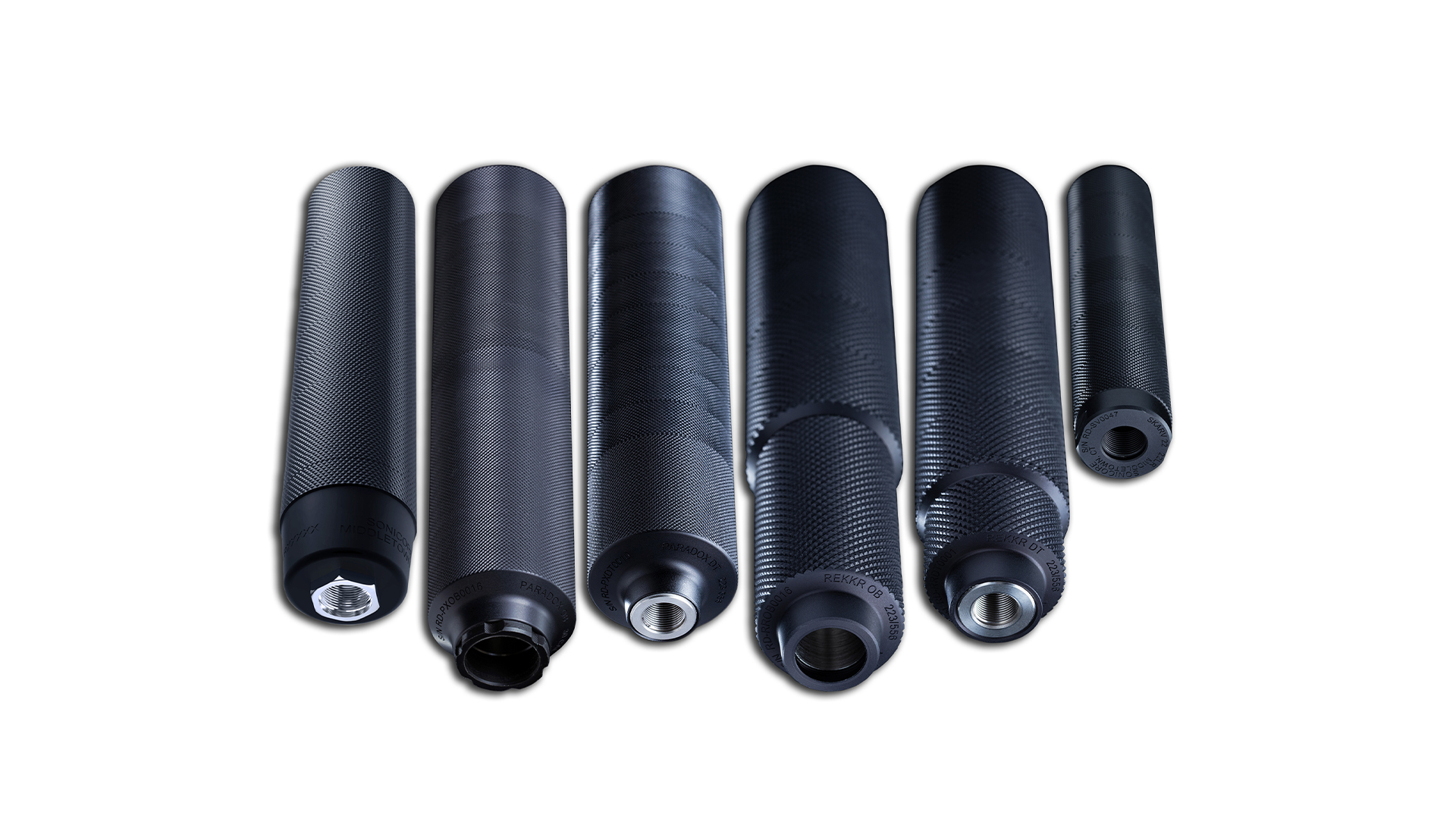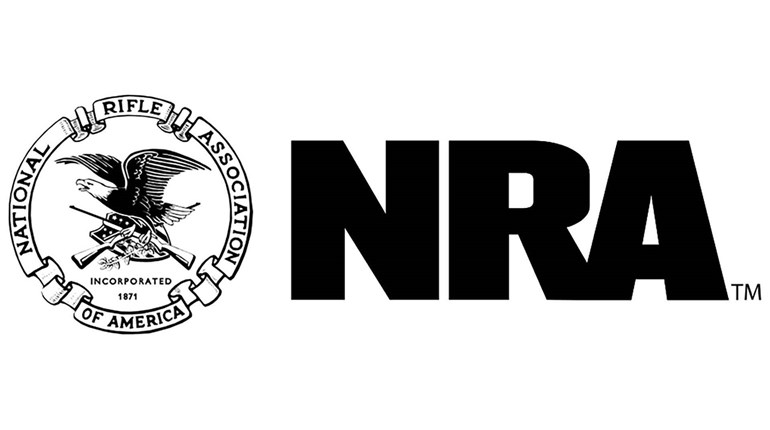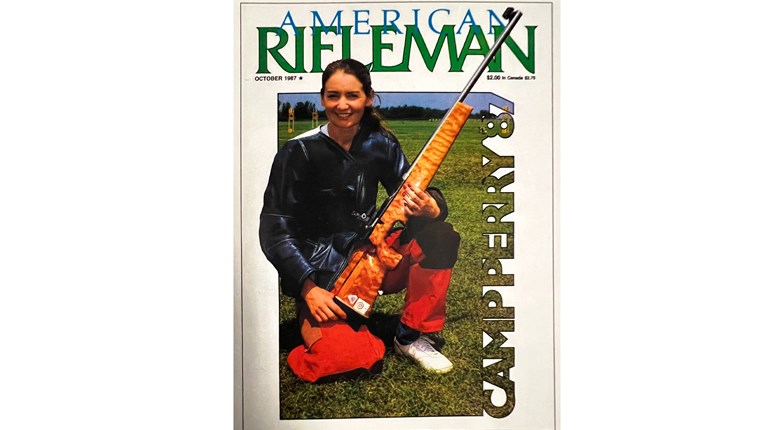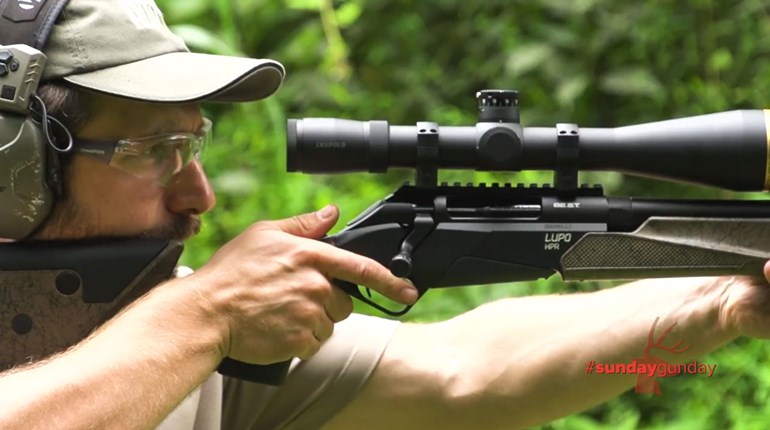
The first issue with a CA gun is transferring the air charge from the fill apparatus into the gun’s cylinder. At this point in the match air gun market, I know of only one manufacturer that uses a non-detachable cylinder—the Air Arms Pistol. All other brands of 10m air rifles and pistols use a removable cylinder that mounts under the barrel and should be easily removed with hand pressure alone.

Lubrication
While you are looking at the cylinder threads, inspect for any grease. A very small “smidgeon” of synthetic grease should be applied to the threads every 20 to 30 times that you remove the cylinder. This “smidgeon” should only be about the size of a pinhead. Too much grease is just as bad as not enough. You can also apply a very small amount of the same grease to the end of your finger and smear some on the sealing o-ring or the surface that meets the sealing o-ring on the cylinder. (Some manufacturers have the o-ring on the cylinder and others place it inside the action.) It is VERY IMPORTANT that you do not get any grease or oil near the air valve on the end of the cylinder. This periodic lubing will prevent galling between the cylinder threads and receiver mount. Some brands of 10m guns are known to become dry and gall badly, thus freezing the cylinder in place. When such a cylinder is finally removed with great force, it will have stripped, leaving a major portion of the threads unusable. This will result in a trip to your air gun smith where he or she will give you the bad news—that your cylinder and receiver block will have to be replaced.

How often should that happen? It depends on how much you use it. Top athletes that are shooting daily should have their guns gone through once a year. Schools or programs that shoot their guns half a year or so can get by with a rifle service every third year. Individuals who shoot their air guns infrequently can go six or seven years or longer. What does a full service consist of? Normally, all seals and springs will be replaced. Valves and valve surfaces will be inspected and replaced if necessary. This necessitates disassembling the whole gun, so all moving parts will get inspected and re-lubed on re-assembly and any potential problems should be found. As I heard one shooting athlete say to another, “Getting your rifle rebuilt is a good idea, because sometimes they just find stuff.”
Preserve the Life of your Air Gun
One thing you can do to preserve the life of your air gun is unscrew the cylinder every time you finish shooting it for the day. Unscrew it enough that you hear the air “whoosh” out of the regulator. Leave the cylinder attached to the gun to prevent dirt or other foreign objects getting on the threads. When you get ready to re-install the cylinder, unscrew it all the way out first, and then start back in to avoid pinching the sealing o-ring. The reason for releasing the air is to take the pressure off the regulator springs and o-rings—the heart of a modern CA match rifle. The regulator is what steps the 3,000 PSI air in the cylinder down to around 850 PSI to give a consistent shot each time you pull the trigger.

Another frequently asked question is: Does your air rifle barrel require cleaning? There is some debate on this issue. There are those who say it should be cleaned every time after firing, and those who say to never clean an air gun barrel. Air guns don’t generate any real heat, nor do they have dirty powder residue like firearms. I have tested many air guns for pellet accuracy and, occasionally, found one that does not shoot well. I tried cleaning the barrel, looking for improvement, and it seldom helps. If you are using good quality match pellets from RWS, H&N, Vogel or JSB, then cleaning is of little benefit. If you think it helps, don’t let me discourage you. I recommend you use some doubled up monofilament fishing line to pull a cleaning batch through the barrel. I see no need to ever put a brush or a rod through a 10m air gun barrel unless you have a pellet stuck in the bore. A barrel that has been cleaned should have 15 to 20 “fouling shots” shot through it before you start a match, as a totally clean barrel will shoot to a different point of impact than one with a normal amount of pellet wax on the lands and grooves.
Always make sure that pellet holders are securely closed in your travel case. Every year we get three or four guns that have problems. When we dissemble the action, we find little chunks of pellet lead from the gun case that somehow got inside the action.
For those that use a CBI (Clear Barrel Indicator), you should carry something like a sandwich baggie to store the CBI when not being used. I cringe every time I see an athlete remove a CBI and throw it on the dirty floor, then pick it up and stuff it back into the barrel at the end of the shooting session. This can cause long term damage to either the rifling or the crown of your precision air gun.
All these basic rules apply to air rifles using CO2 as well. For more information on air gun maintenance, see coach.nra.org/media/4259/airgun_safetyguide.pdf. Additionally, for supplies, forums and other related resources, contact PILKGUNS at (931) 924-3400 or www.pilkguns.com.













